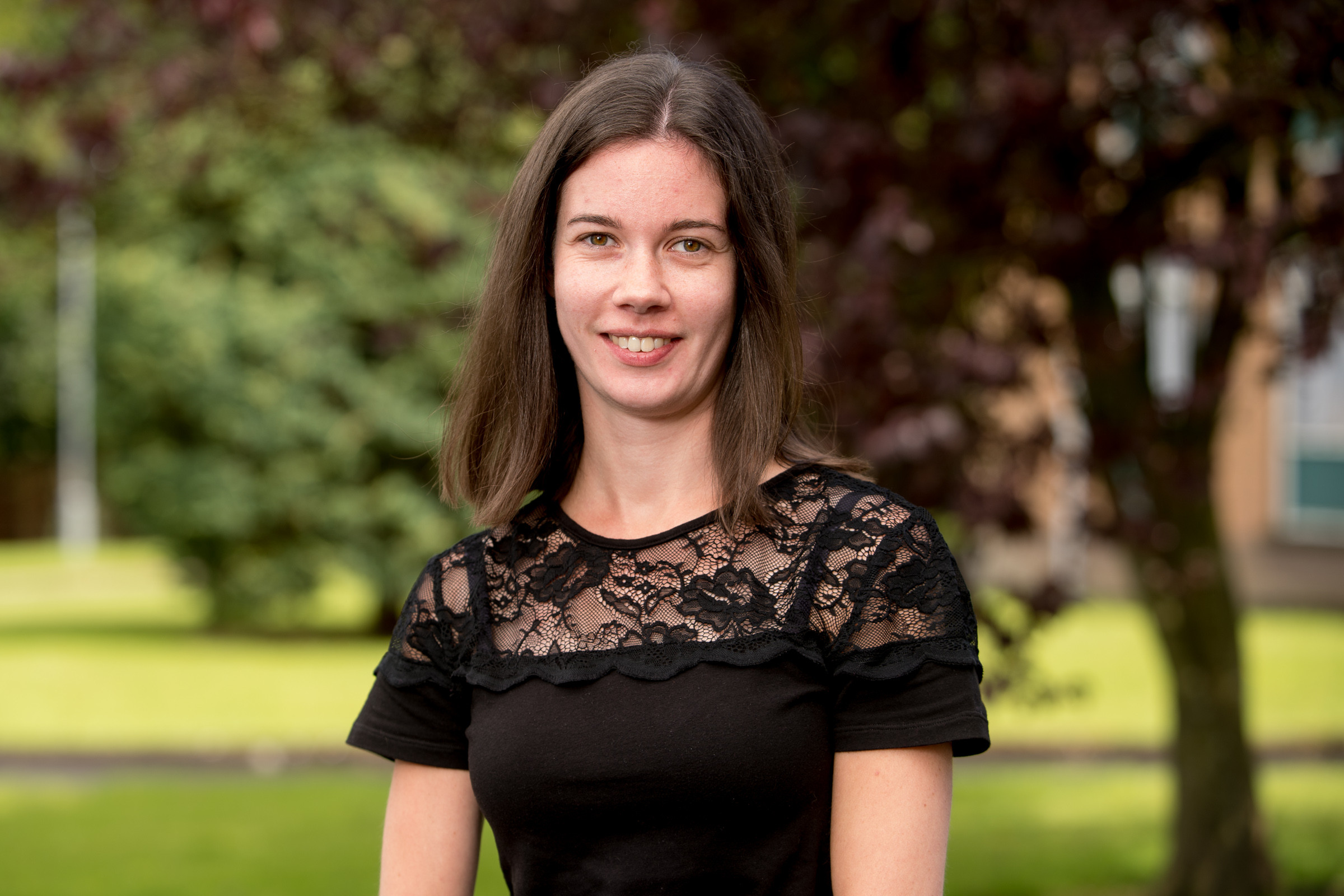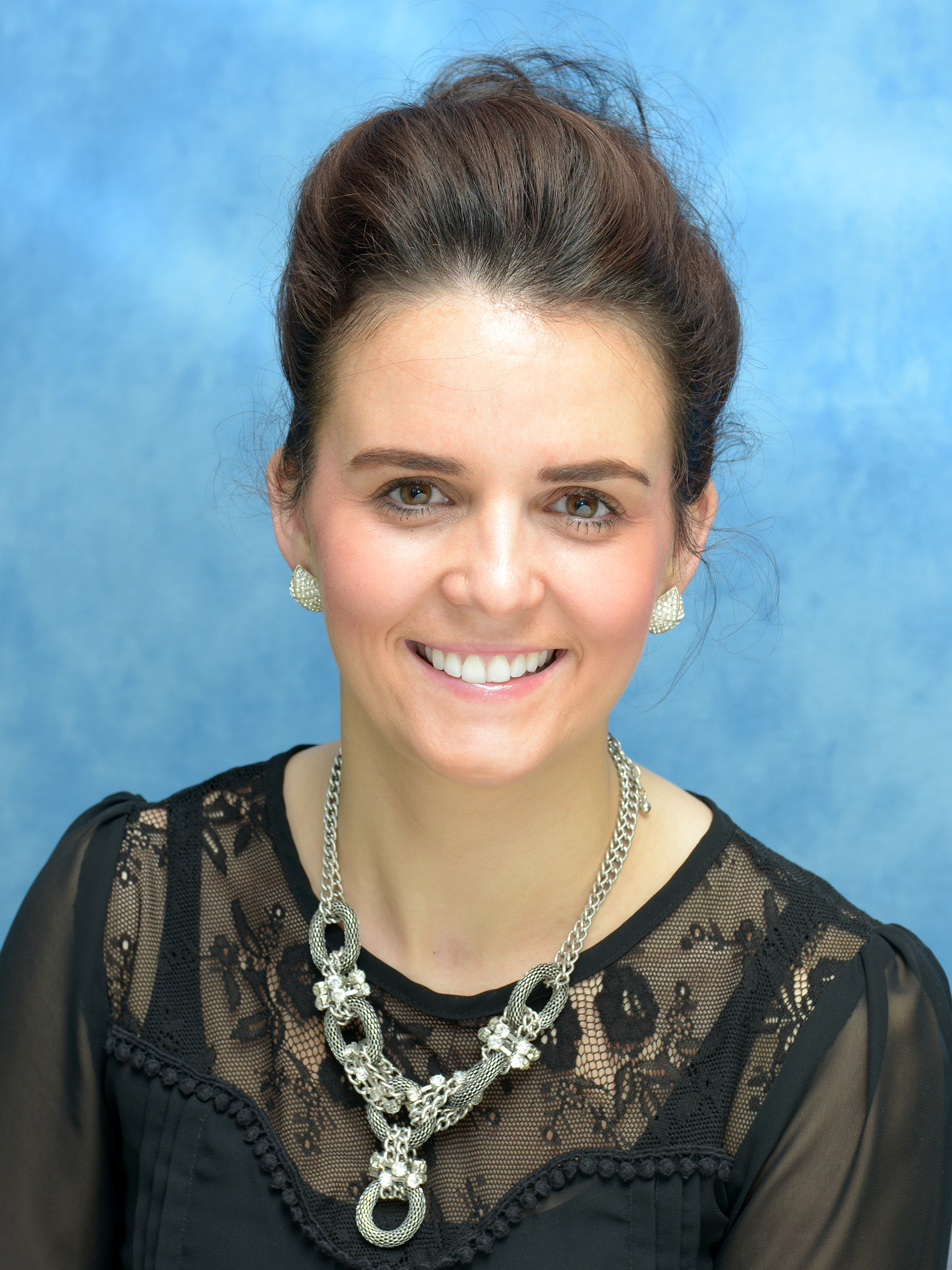Package summary
Start Date
End Date
The Facts, Early Years
Research has found that good quality early intervention can have a significant positive impact on the developmental outcomes of children with autism and can also improve parental well-being. Information and knowledge regarding the appropriate steps to take when your child is diagnosed with autism can be empowering for some parents. Very young children can benefit from supportive strategies and interventions which focus on developing communication, language, interaction and play, whilst appreciating the impact of the sensory environment. Estes et al (2015) found that the gains accrued from early intervention are maintained 2 years later.
This training programme is for parents and carers of children aged three to six years.
This Early Years Programme will focus on the key areas of
1. Autism and Learning Style
2. Social Communication
3. Play and Life Skills
4. Sensory Processing
5. Make and Take
Notes
Courses in package
Autism and Learning Style
Event summary
Date
Start Time
End Time
Early Intervention Services, Nazareth House, Co. Sligo, Magheraboy, Sligo
Booking closes
Autism and Learning Style
This training event is for parents and carers of children aged three to six and will explain what autism is and consider the impact of autism on a child’s daily life and development. It will also focus on the predominant learning style of children with autism and how the use of visual strategies can have a notable impact on learning. Visual strategies support children as they develop effective communication, appropriate social interaction, and positive behaviour skills. These methods are based on the principles of the TEACCH programme and may help parents provide consistent teaching methods.
Expected Outcomes:
Parents and Carers will:
• Have an increased understanding as to how children with autism perceive the world, think and learn.
• Have an increased understanding on how to use children’s strengths to help them reach their potential.
• The underlying difficulties faced by children with autism in learning, social interaction and communication.
• Understand the importance of visual teaching methods and how they complement the learning style of many with autism.
• Understand how visual supports can improve the learning of their child and their experiences at home, at school, and in the wider environment.
• Learn how visual supports can be introduced alongside other intervention strategies.
• Consider the visual strategies that could be used to support their child.
Course Overview:
This training event will consider:
• The impact of autism and how to use children’s strengths to help them gain skills to succeed.
• The learning style of children with autism.
• Explore practical visual strategies that support their learning style.
• The importance of working in partnership with professionals to ensure consistency, thus optimising potential development and independent success.
Notes
Location
Early Intervention Services, Nazareth House, Co. Sligo
Get Directions
Deborah Hutchinson
Social Communication
Event summary
Date
Start Time
End Time
Early Intervention Services, Nazareth House, Co. Sligo, Magheraboy, Sligo
Booking closes
Social Communication
Social communication is a core difficulty for children with autism. Whether children have speech and language skills or are preverbal they can be taught to be more effective communicators. Communication is at the heart of what happens at home, in school, and in the wider community which means that communication skills are essential for learning, as well as social and emotional development. This training will focus on strategies to facilitate learning and to develop social communication skills for both the pre-verbal and verbal child.
This training event is for parents and carers of children aged three to six.
Expected Outcomes:
Parents and Carers will:
- Have an increased understanding of how autism impacts communicative development.
- Increase their understanding of how autism impacts communicative exchange.
- Gain knowledge on how to use their child’s strengths to help them communicate more effectively.
- Increase their awareness of the reasons underlying the difficulties faced by children in the area of social communication and how to help.
Course overview:
This training event will consider:
- The impact of autism on the development of social communication.
- The importance of providing many and varied opportunities for communication.
- Practical strategies that enhance communication development across environments.
Notes
Location
Early Intervention Services, Nazareth House, Co. Sligo
Get Directions
Carolyn Frazer
Play and Life Skills
Event summary
Date
Start Time
End Time
Early Intervention Services, Nazareth House, Co. Sligo, Magheraboy, Sligo
Booking closes
Play and Life Skills
Research shows that young children learn best through play and that play skills are important for optimal child development. This training will explore the role of the adult in supporting and extending play skills across settings. The development of functional life skills is important also as these skills will help the young child with autism become more independent and confident at home and in school. Motivating the young child with autism to develop fundamental functional skills can be difficult due to the child’s restricted repertoire of interests and skills needed for learning. This training will identify key skills and effective practical strategies that parents, and carers can use to develop and progress their child’s independence. This training event is for parents and carers of children aged three to six.
Expected Outcomes:
Parents and Carers will:
- Explore why developing play skills is fundamental for learning and social engagement for the young child with autism.
- Develop understanding of how sensory difficulties impact on the development of play skills for children with autism.
- Understand why the development of practical functional skills is important for the young child with autism's independence.
- Develop an understanding of how modelling impacts on learning and skill development for the children with autism.
- Explore signs of readiness and how using visual support strategies can progress early functional skill development.
- Explore practical strategies that can help the young child with autism become a competent, confident and capable learner.
Course Overview:
This training event will consider:
- The significance of the adult in supporting the child with autism develop play skills.
- Practical strategies and resources that can engage and motivate the young child with autism will be explored.
- What practical skills the child with autism needs to develop for independence in the home and school setting.
- Practical strategies on how to assess readiness, devise plans and implement practical strategies to support development of these early daily functions.
Notes
Location
Early Intervention Services, Nazareth House, Co. Sligo
Get DirectionsRichard Crawte
Sensory Processing
Event summary
Date
Start Time
End Time
Early Intervention Services, Nazareth House, Co. Sligo, Magheraboy, Sligo
Booking closes
Sensory Processing
A certain amount of sensory stimulation is required by all in order to remain alert and interested in the environment around us. Most children with autism experience “unusual sensory responses”; they experience their sensory environment more acutely, or more deeply. Within autism these sensory processing difficulties tend to be of a “regulation” nature and are individual to each child.
This session examines the sensory processing difficulties frequently associated with autism and will demonstrate how such difficulties impact on learning, play, social interactions and behaviour in the home and school environment.
Expected Outcomes:
Parents/Carers will have:
• An increased understanding of the sensory systems of young children with autism and related theory.
• Awareness of how to use informal checklist to assess and plan for intervention.
• Awareness of how to apply specific strategies to each individual child.
Course Overview:
This training event will:
• Give a detailed overview of the theory linked to the sensory issues that an early years child with autism may experience.
• Provide parents/carers with insight into the need to reflect on environmental adaptations due to sensory preferences.
• Explore how parents/carers can develop an individual sensory programme through the use of informal observations and preference checklists.
Notes
Location
Early Intervention Services, Nazareth House, Co. Sligo
Get Directions
Aideen Ruttledge
Make and Take
Event summary
Date
Start Time
End Time
Early Intervention Services, Nazareth House, Co. Sligo, Magheraboy, Sligo
Booking closes
Make and Take
This practical Make and Take training session will build on the knowledge and skills acquired by parents and carers during the previous four sessions which will enable them to produce a visual support for use with their child. Parents and carers will have access to the resources needed as well as guidance from the trainer to develop a visual support individualised to meet an identified current need of their child.
This training event is for parents and carers of children aged three to six
Expected Outcomes:
Parents and Carers will:
- Identify and make a visual support that can be used to support emotional regulation, positive behaviour and in reducing anxiety for their young child with autism.
- Acquire practical skills in making a visual support.
- Develop the knowledge and skills needed to implement a new visual support strategy in the home.
Course Overview:
- An overview of visual support methodologies and the rationale for using this type of individualised support with a young child with autism.
- Using resources provided parents and carers will, under the guidance of the trainer, develop ideas and create an individualised visual support to meet an identified need for their young child with autism.
- The trainer will support parents and carers identify how they implement the visual support in the home.
